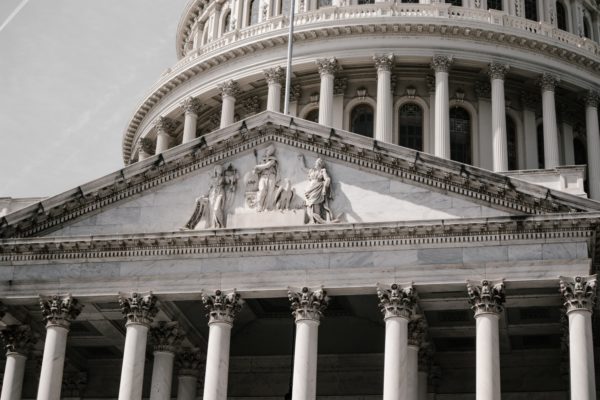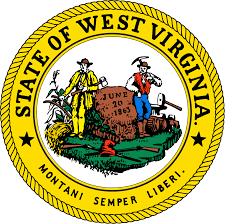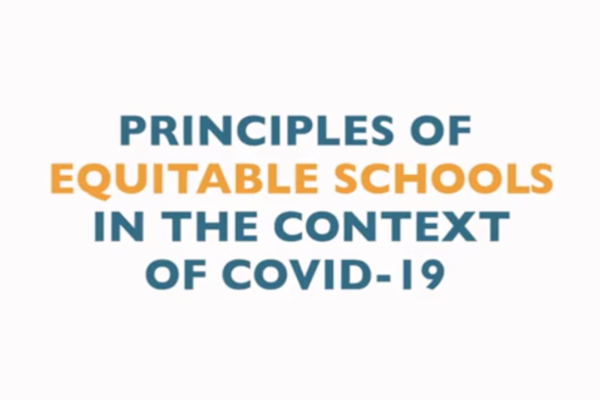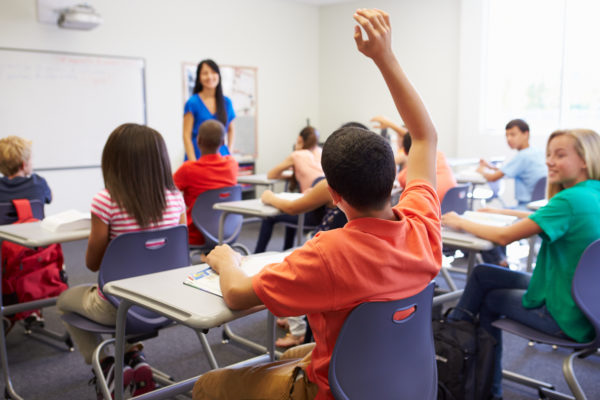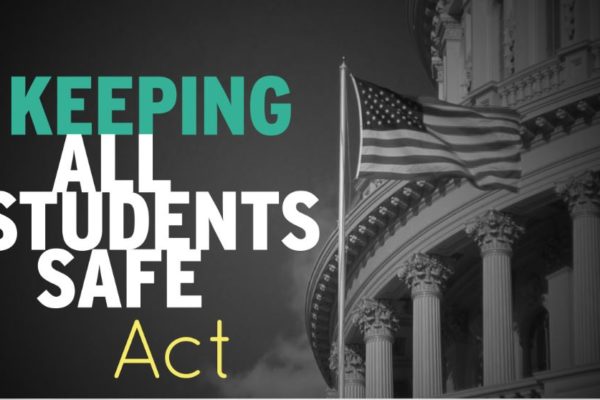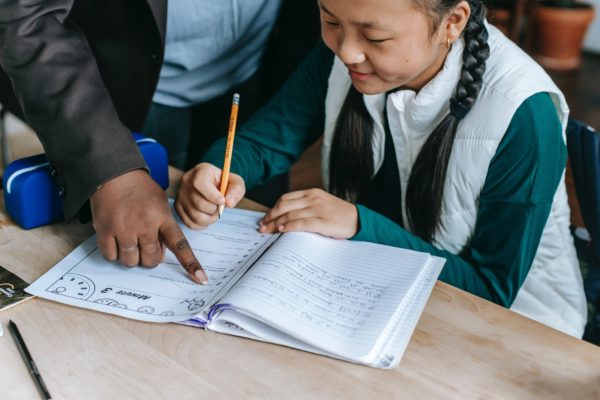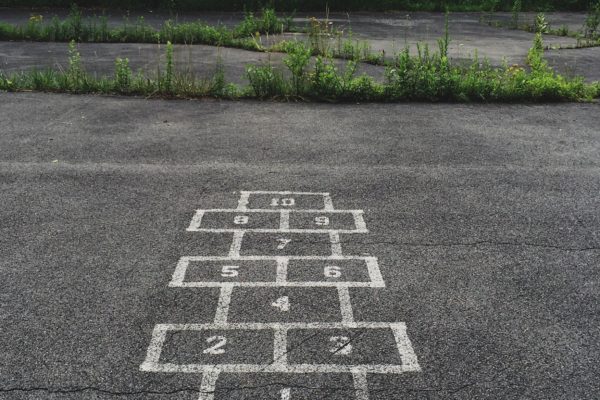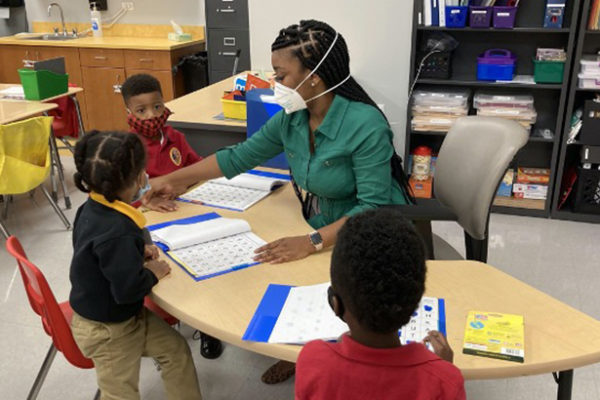We applaud President Biden and Congress for their rapid introduction and passage of the historic American Rescue Plan, which, among other things, directs much-needed funding to schools to help them meet the challenges of COVID-19.
On February 15, 2021, the Center submitted a letter to West Virginia State Senator and Chair of the Education Committee Patricia Rucker regarding our concerns about proposed legislation, HB2012, that would allow charter schools in the state to discriminate against students with disabilities.
The COVID-19 pandemic has posed unprecedented challenges to the entire education system, but students with disabilities have faced disproportionate impacts. In June, the Center’s Equity Coalition published the Principles of Equitable Schools in the Context of COVID-19, a set of guidelines for educators working to put equity at the forefront of decision-making. This fall, we caught up with three schools that are working hard to embody these principles: Digital Pioneers Academy in Washington, D.C.; Animo Legacy Charter Middle School in Los Angeles, CA; and Audeo Charter School in San Diego, CA.
The National Center for Special Education (the Center) has released a new report examining trends related to enrollment of students with disabilities in Colorado charter schools. Through this report, the Center documented enrollment trends across the state and by authorizing entity, surfaced contributing factors, and identified opportunities for key stakeholders to make short- and long-term changes that can improve students with disabilities’ ability to access and thrive in charter schools.
The Center for Learner Equity applauds the reintroduction of the Keeping All Students Safe Act (KASSA). Students with disabilities experience disproportionately high rates of restraint and seclusion in public schools, and we need this bill to address this dangerous inequity.
For decades, students with disabilities have been disproportionately subjected to the harshest and most exclusionary discipline in schools, including suspensions, expulsions, restraint, seclusion, referrals to law enforcement, and school-related arrests.
Phi Delta Kappan’s November issue, themed “What Makes a Good School?” featured a piece by Lauren Morando Rhim, arguing that a school cannot be good unless it is good for all students, including students with disabilities.
Eight months after COVID-19 first shut down schools across the country, the state of education in the United States remains in flux. Students with disabilities, in particular, continue to be disproportionately impacted by school closures and lack of access to services. As cases tick upward once again, school leaders and administrators are likely to face tough decisions in the coming months. Despite the immense difficulty of the situation, we have identified several key strategies that will set school leaders up for success.
On October 13, Edweek posted a story on how New Orleans plans to help students make up for learning losses during the pandemic and quoted Lauren Morando Rhim.
On July 29, 2020, The 74 Million published a piece quoting Senior Policy Director Wendy Tucker that highlighted the difficulties that many families have faced in getting educational services for their children with disabilities during the pandemic.
